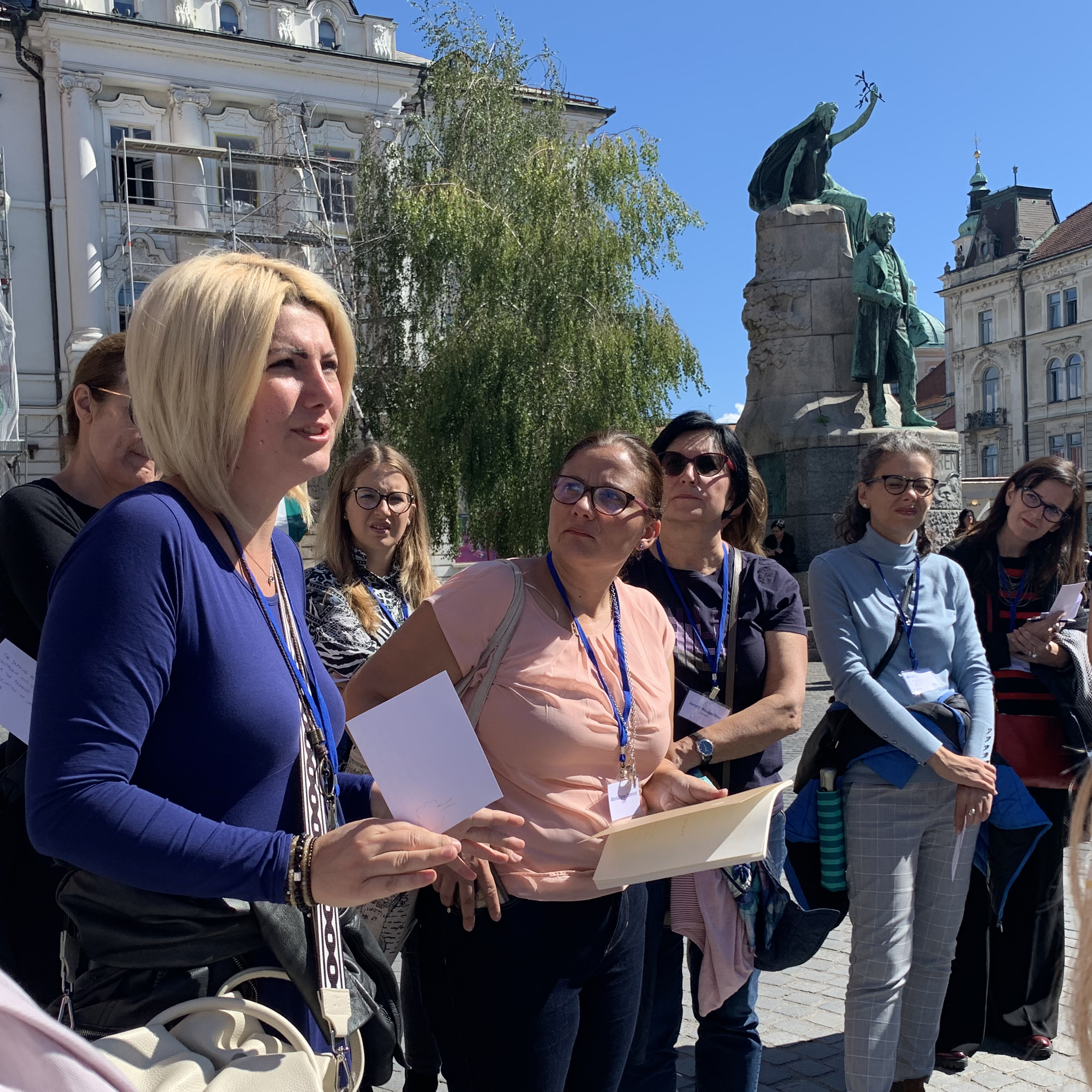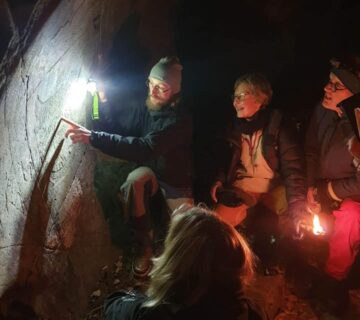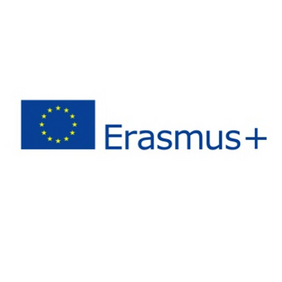IE has again trained World Heritage Site managers from 14 European countries. Interpretive planning is an indispensable part of their future work.
Good heritage interpretation no longer cares only for educating people about heritage.
The need for involving people – locals and visitors – in interpretation, for discussing critical subjects, and to learn from heritage for the future, has already been recognised and promoted by many international organisations (e.g. ICOM with a new museum definition). However, faced by new trends, many heritage professionals may ask themselves how could their institutions become all this: inclusive, open, participatory meeting points while fostering personal growth and thus societal advancement by inviting people into a dialogue, to encourage and embrace different narratives, offer space for critical reflection and exchange for a shared learning experience..?
At Interpret Europe, this philosophy has been notable since the release of our Engaging Citizens study in 2017 and has been re-shaping our training programme, most recently in cooperation with UNESCO’s Regional Bureau for Science and Culture in Venice.
UNESCO has recognised the need to support World Heritage Sites with up-skilling, and identified interpretive planning and value-based interpretation as THE approach. UNSECO’s training on interpretive planning, co-created and delivered by Interpret Europe, is incorporating all upper ideals, while embodying them in practical methodology following interpretive standards.
For the second year in a row, Interpret Europe has partnered with UNESCO on the delivery of the Regional Course on Interpretive Planning at World Heritage Properties in Europe – WH-Interp for 19 participants from 14 European countries. In the training programme that lasts several months, all participants gathered in a face-to-face five-day workshop, which took place in Ljubljana (Slovenia) between 19-23 September.
Through hands-on exercises and group work on a real example of UNESCO designated heritage, they developed draft concepts for interpretive services around the work of the renowned architect Jože Plečnik, inscribed on UNESCO’s World Heritage list in 2021 due to his human-centred approach.
Participants were faced with a challenge: to prepare draft proposals for interpretive plans, including values they build upon and interpretive services as a final result of a thorough review and consideration of several aspects of heritage. They analysed the values behind Plečnik’s heritage, including human values that could be fostered by future interpretive services, talked with numerous representatives of local community and stakeholders, analysed visitor data and surrounding interpretation and selected the most relevant stories. The task is not easy for only five days; however, they all brought different experiences and knowledge to the table and impressed with a variety of ideas. Following this intensive on-site training, participants will be supported in developing draft interpretive plans for their own sites under the mentorship of IE trainers Thorsten Ludwig and Valya Stergioti.
The ‘Regional course on Interpretive Planning at World Heritage properties
in Europe’ is a joint product of more than two years’ lasting cooperation between Interpret Europe and UNESCO’s Regional Bureau for Science and Culture in Europe and is based on the IE Certified Interpretive Planner (CIP) course.
Helena Vičič is IE’s Managing Director. She can be contacted at: helena.vicic@interpret-europe.net.




